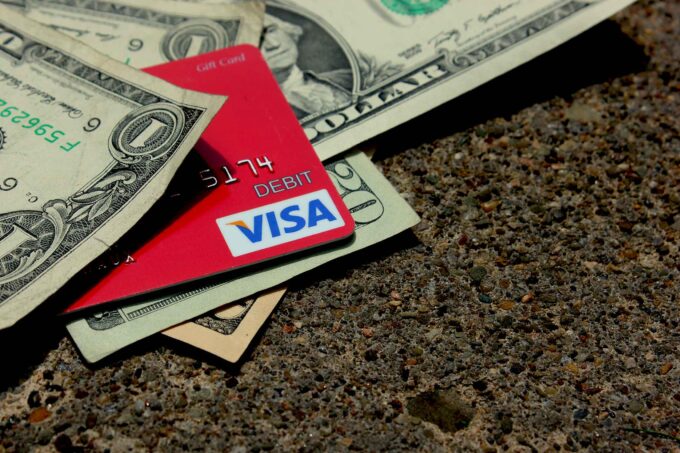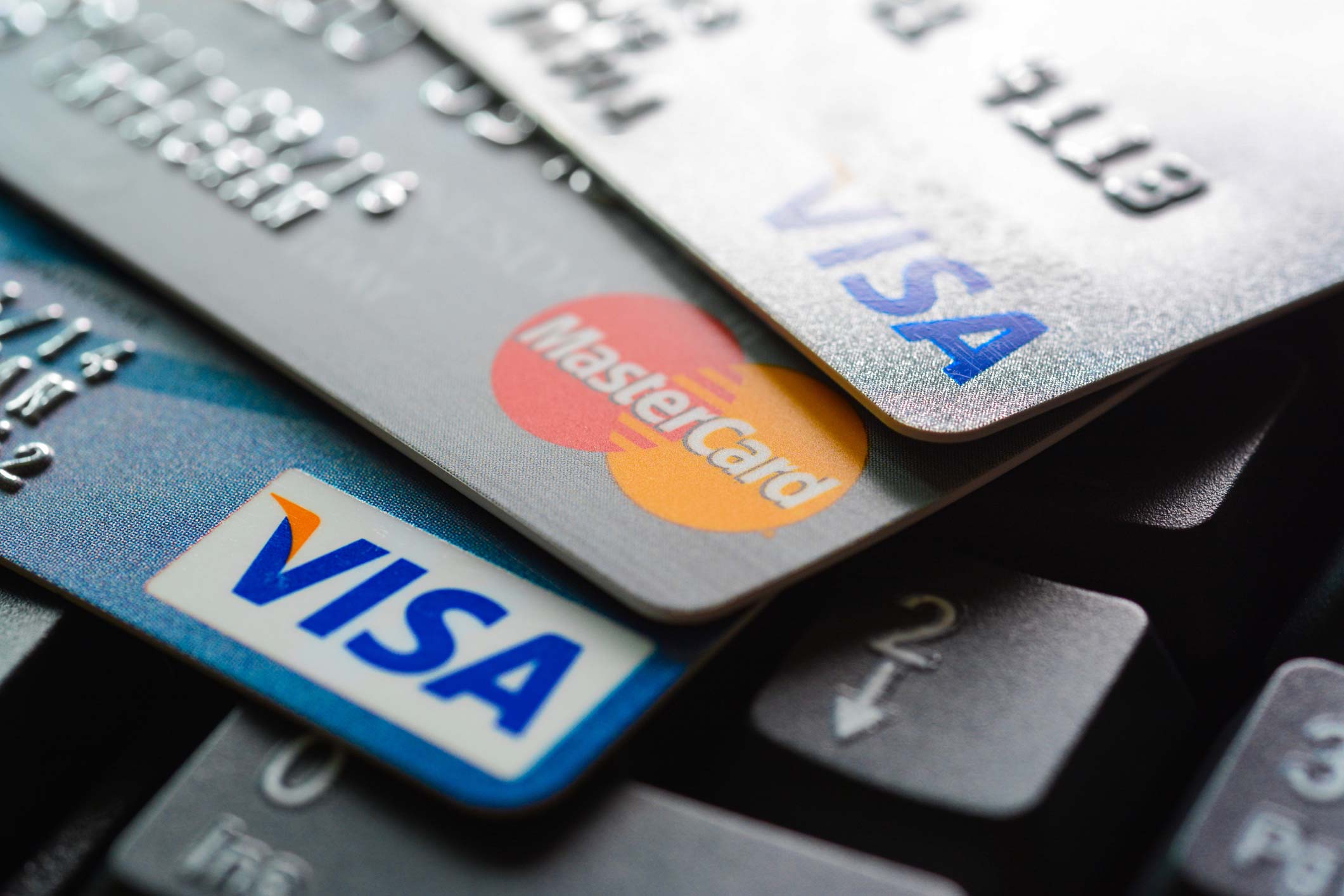Money transfer using your credit cards must be your last option. In case you run out of cash from your funds, someone may suggest you wire transfer using a credit card. The process is conveniently accessible, but you need to reconsider a few factors before jumping over and transferring money.
Is It Possible To Transfer Money From Your Credit Card?

Wire transfer using a credit card is about sending funds electronically. It is done by a sender using his or her credit card and sends money to a receiver or another party instantly. The main difference with wire transfer using a credit card instead of traditional transfer is that you’re sending credit with interest and fees.
Amidst the technology that we have right now, every process can be wireless and function into the digital web. However, things can be a little tricky if you’re not aware of wire transfer’s potential setbacks using a credit card. Good thing you can always track your credit services every month, and VSS Monitoring offers the best tools to provide a comprehensive report on your ends. That way, even when you transfer funds via credit card, you can easily track the potential fees or interest associated with the transactions.
While the process is relatively easy and fast, there are a few factors that you need to be mindful about.
Cost, Fees, and Interest
Credit card wire transfer is also known for many as a cash advance. The cost is higher compared to sending regular cash to someone else. The reason behind it is that the process is like lending money or ‘cash advance’ to your credit card issuer.
Most cash advance processes come with extra charge and interest based on the amount of money you’ve transferred. It can take up to 5% of the amount you’re planning to move plus the fees along the process.
Monitoring and Minimizing Charges

To minimize the charges associated with the cash advance process, you can check with your provider the available outline fee payment options. Most cash advance providers enable payment via cash, debit card, or bank account.
With any payment and cash advance option, it’s best to check the structured fee so you’ll prevent future surprise costs.
Best Time To Transfer Funds With Your Credit Card
The truth is, for practicality, you should avoid cash advance features with your credit cards. It can be conveniently accessible, but the stakes are higher, and you might notice how huge the interest is if it’s accumulated over time.
It’s better to save money than sending or using funds unless otherwise an emergency or your last resort.
How To Wire Transfer With Your Credit Card

Wire transfer with credit cards is easy. However, you need to reconsider the setbacks with its convenience. Cash advance features come with upfront payment for every transfer. Then you will oblige to pay additional fees based on the amount you need to send.
The process, payment options, and fees vary with the procedure’s convenience, transaction time, and amount of funds that need to be processed.
- Several credit card issuers allow the process with account holders. While some banks prohibit credit card cash advance, others will enable you to push through with the transaction by depositing the amount of money on your account and complete the procedure.
Different Types of Transfer

A cash advance can be enticing, but some of the setbacks may surprise you. The process is quite expensive, but it’s best to understand how it works. Before doing so, here’s a quick rundown of the various transfer types you can consider.
- Money Transfer
While there are various aspects of this, the most common is sending money electronically, wire transfer, or other processes. The money sent can be available to your receiver in just a few minutes to 24 hours, varying your issuer on the other party’s policy.
Several money transfer solutions include MoneyGram, Western Union, and the likes. The process is conveniently accessible and can be done online, through phone, or personally.
- Bank Transfer
This transfer type goes into the banks and offers a same-day procedure from your account to the next party. The process is most famous for home purchases.
Cash Advance Setbacks

Regardless of the method, you will still need funds for the process to push through. With credit cards, you can send money online, but you need to be aware of its disadvantages:
- They are expensive and come with an added interest charge on your end.
If you use your credit card to wire transfer, expect the process to be pricey. The interest rate over a cash advance is higher than legal expenses from purchasing something using your credit card. It should be around 25% without a grace period.
- The process comes with higher fees.
CA has processing fees, and every company will charge you with the payment amount or flat rate charge. These fees increase the price of whichever or whatever you are trying to pay for.
- It’s irreversible.
Cash advances are irreversible, unlike payment purchases using a credit card, with a wire transfer, it’s ultimately a headache tracking the status of money sent. Anything you sent via money transfer is considered gone for the better.
- It can damage your credit score.
Before borrowing using a credit card, ensure that you can pay it immediately, or your credit score will suffer; though that may temporarily affect your score, it’s still a risk you’ll never want to gamble. More extensive CA can impact your credit limit and may place you into a big financial issue.
Alternatives With Wire Transfer Using Your Credit Card

While cash advance is risky and expensive, you can alter the process with alternative yet cheaper options instead. Here’s what you can do:
- Transfer money from a bank account
- Cashier’s check or money order
- Payment with your debit card
- Loans
- Payment apps
- Pay using your credit card
- Convenience checks
Saving instead of spending is one of the best alternatives to prevent cash advance using your credit card. Since wired transfer using your credit card is highly expensive and may place you in uncertain scenarios, it’s vital to check for alternatives to this one.
Budgeting your expenses allows you to properly check your financial stability and build on your emergency funds. Emergency funds will enable you to have strength in case of needing to spend on something essential. Furthermore, these funds will save you from a total headache about being in debt in the future.
Conclusion
While transferring funds using your credit card is possible, the setbacks should help you reconsider the process. A cash advance is like borrowing from your credit card provider and can take a toll on your finances and credit score if left unattended and dealt poorly. However, it should be your last option, but you can do it if the situation needs to.









